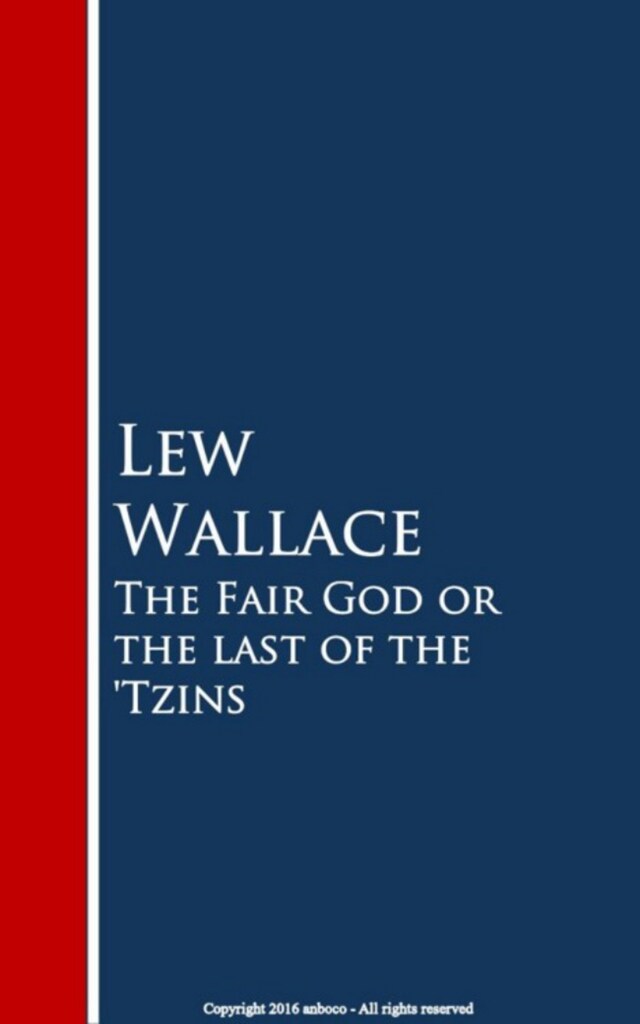
The Fair God or the last of the 'Tzins
Description of the book
Fernando De Alva, a noble Tezcucan, flourished, we are told, in the beginning of the sixteenth century. He was a man of great learning, familiar with the Mexican and Spanish languages, and the hieroglyphics of Anahuac. Ambitious to rescue his race from oblivion, and inspired by love of learning, he collected a library, availed himself of his knowledge of picture-writing, became master of the songs and traditions, and, in the Castilian language, composed books of merit.
It was scarcely possible that his labors should escape the researches of Mr. Prescott, who, with such incomparable genius, has given the world a history of the Conquest of Mexico. From him we have a criticism upon the labors of the learned Fernando, from which the following paragraph is extracted.
"Iztlilzochitl's writings have many of the defects belonging to his age. He often crowds the page with incidents of a trivial and sometimes improbable character. The improbability increases with the distance of the period; for distance, which diminishes objects to the natural eye, exaggerates them to the mental. His chronology, as I have more than once noticed, is inextricably entangled. He has often lent a too willing ear to traditions and reports which would startle the more sceptical criticism of the present time. Yet there is an appearance of good faith and simplicity in his writings, which may convince the reader that, when he errs, it is from no worse cause than the national partiality. And surely such partiality is excusable in the descendant of a proud line, shorn of its ancient splendors, which it was soothing to his own feelings to revive again—though with something more than their legitimate lustre—on the canvas of history.
 Lew Wallace
Lew Wallace 607 Pages
607 Pages